“Food” – the very term reminds us about our existence! It explains to us why we are alive. It is the basic requirement for survival. But what if it gets contaminated with harmful pathogens and becomes a roadway for the transfer of harmful microorganisms in our body? In such cases, foodborne illnesses, food poisoning, and other health issues like ulcers, typhoid, influenza, and viruses can affect us!
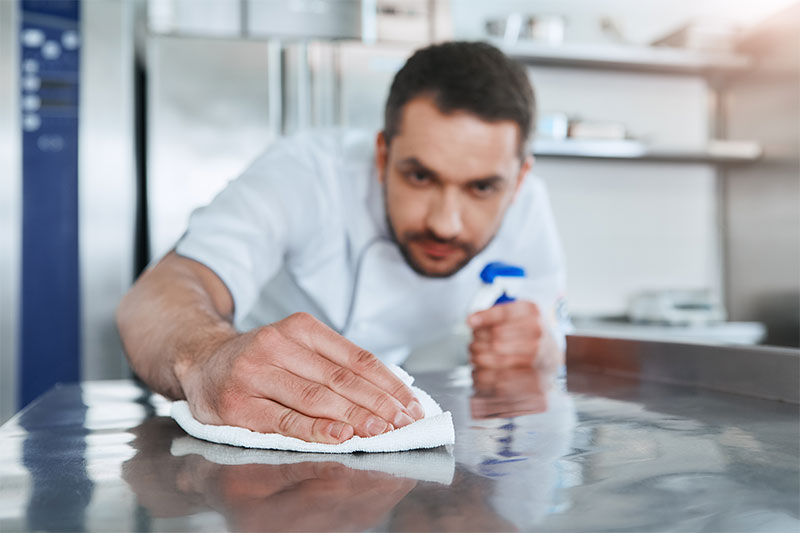
You need to be a little more careful while handling foods. This will also include healthy cooking practices. This is how you can safeguard yours as well as your family’s health:
#7 – Wash Your Hands
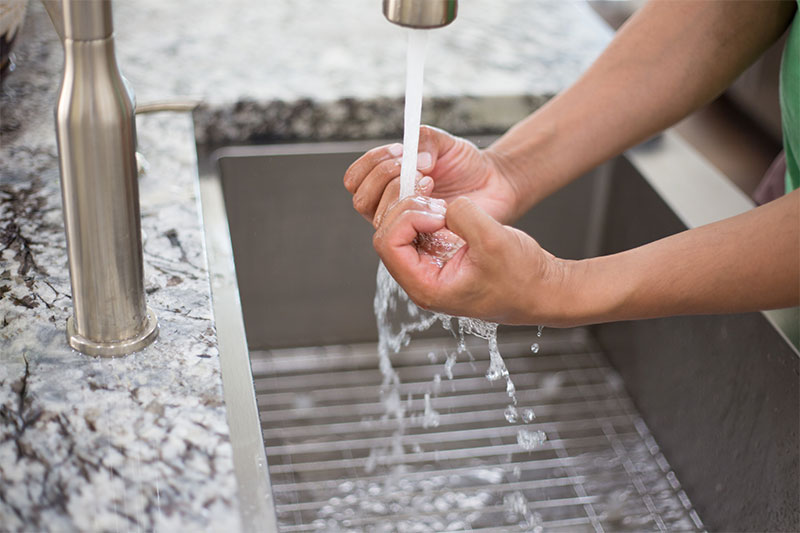
It’s important to maintain personal hygiene while you are in the kitchen. Make sure you wash your hands with soap water or with a good liquid hand-wash before you start with handling or cooking food.
#6 – Store Your Food Properly
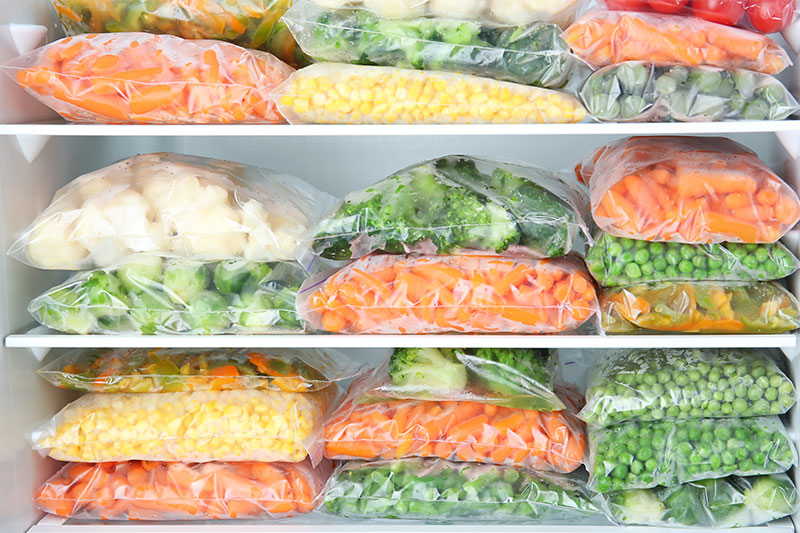
It is important to store raw foods properly to keep insects away. You can also use (parad tablets/mercury tablets) for safe storage of dry food items like grains, pulses, legumes, and spices. While storing food in the refrigerator, store each item separately, and cover them to avoid cross-contamination.
For example, do not let the raw meat juice drip on any cooked food during the process of storage. Store vegetables and fruits separately and never overstuff your refrigerator. There should be enough room for the air to circulate inside the refrigerator. It is important to clean the refrigerator once in 15 days or at least once in a month to avoid germs from spreading.
#5 – Do Proper Cleaning of All the Surfaces
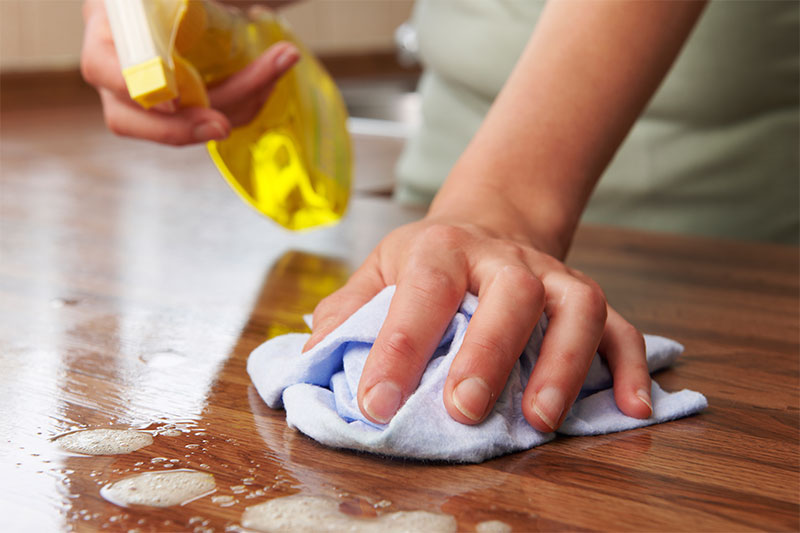
All the dishes, bowls, and utensils should be cleaned well, and you need to ensure that no food is still stuck in some hidden corner. You also need to clean the cooking top, the chopping and the cutting boards, basins, the dishwasher itself, and the knives that are used in cutting vegetables and fruits.
These things should be thoroughly scrubbed, and a disinfectant should be used, if not daily, then on alternate days or once in a week max. If you hand wash your utensils, then it is very essential to change the washing sponge and the scrub once in a month, as these can become the perfect breeding grounds for the germs. Dish towels should be cleaned every day and you can also bleach them for perfect safety.
#4 – Cook Foods at the Right Temperature
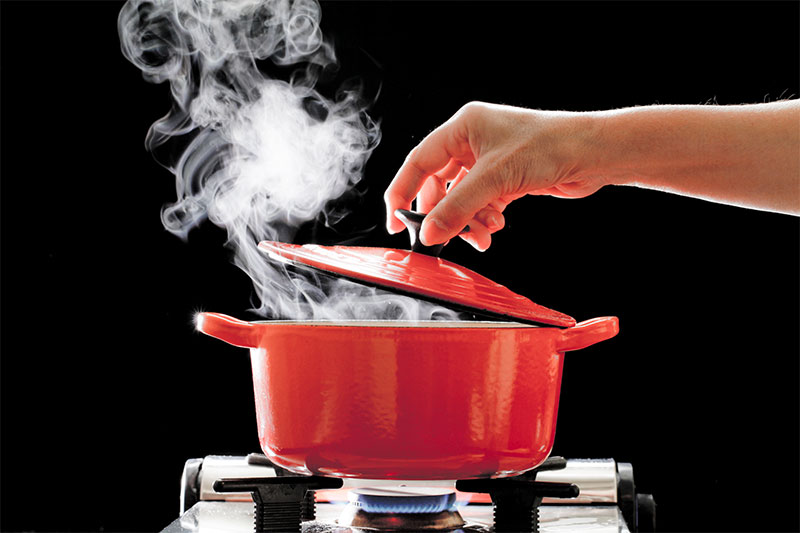
You can preserve food by cooking it to the right temperature. All the viruses, bacteria, and germs get zapped when the food gets exposed to high temperatures. You need to refrigerate the food if it is not to be consumed immediately. For example, after boiling milk, you can keep it inside the refrigerator to prevent spoilage.
#3 – Wash Vegetables and Fruits
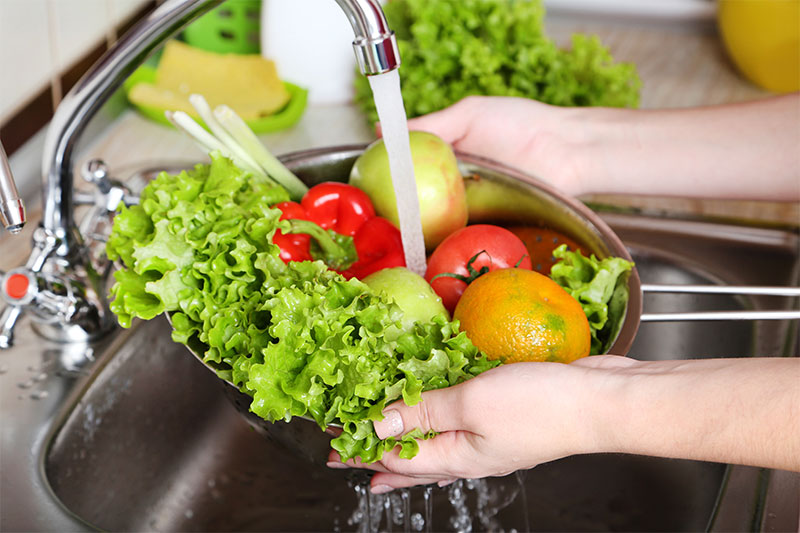
Always wash vegetables and fruits thoroughly in clean water under a tap before use to make them germ-free. Make sure that you wash before cutting or chopping to minimize nutrient loss. Washing after cutting increases the chances that the vitamins will also get washed away. Also, if you cut first, then it may not be possible to reach every chopped piece where invisible sand or soil remains.
#2 – Utilize Your Senses
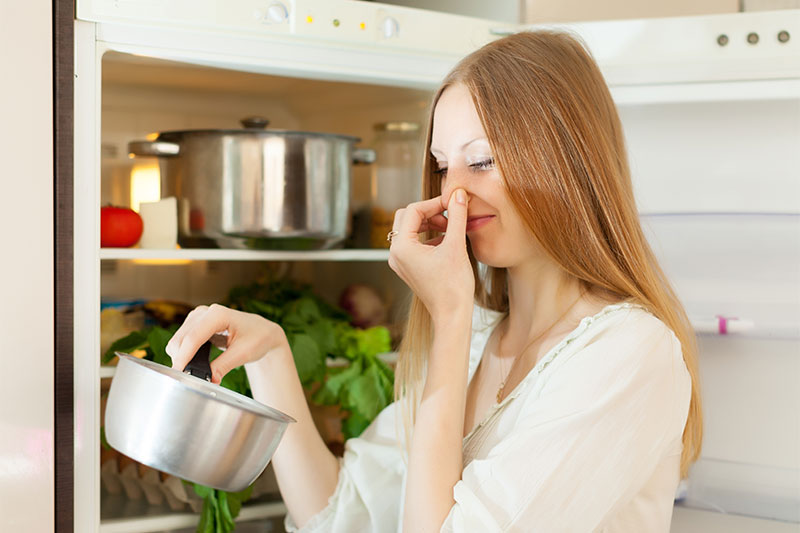
Learn to trust your senses. If you smell something odd or if you notice any off-flavor in the food while chewing it, then stop proceeding any further! Avoid that food item completely to avoid any illness.
#1 – Check the Expiry Dates
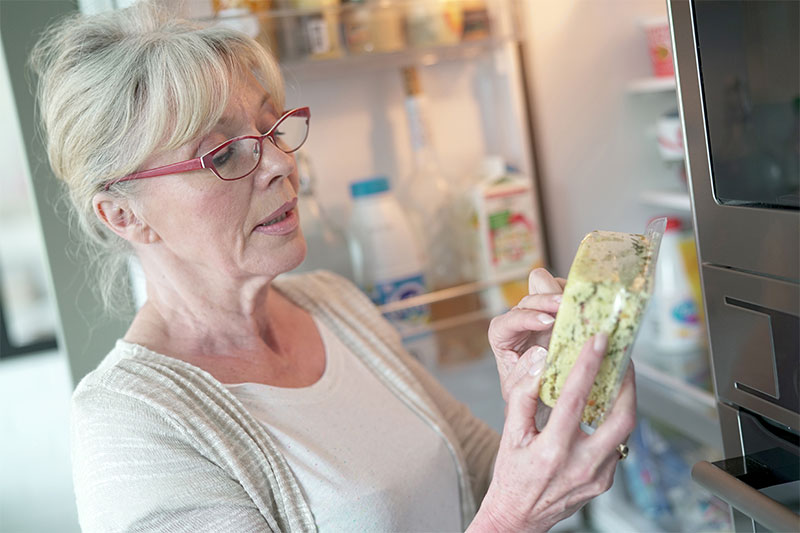
Check the expiry date of the packaged foods before use. Make it a habit to read the labels on packaged food items to increase your awareness too.
Food safety tips will apply in each individual step starting from the purchase of fresh produces until the storage of cooked foods. In fact, food safety will also depend upon your kitchen hygiene standards. Healthy and safe handling of foods will stand as your family’s insurance policy!


